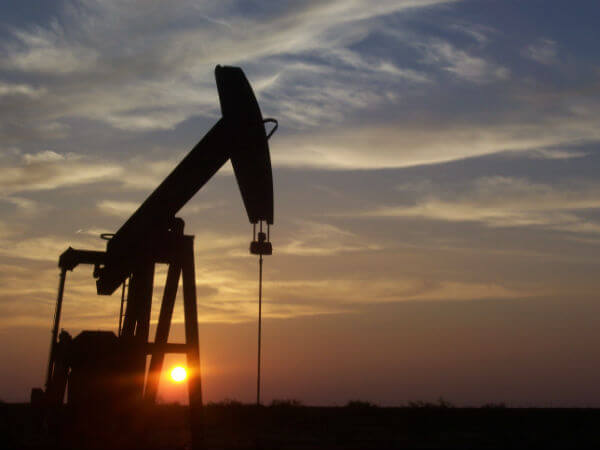One small aspect of a trip I took to El Paso, Texas, back in the 1970s remains in my mind: the weather. No, not the weather in El Paso, which is more or less the same much of the year, but the weather on the local television news. I remember watching a weatherman begin his report in — of all places at the time — the Persian Gulf and sweep swiftly and dramatically across the globe (and its various weather perturbations) before finally reaching El Paso where things were, of course, predictably hot and dull. It might have been my earliest introduction to the charms of the weather to television news, which could be summed up this way: plenty of drama — storms, floods, droughts, fires, wrecked homes, weeping survivors, shipwrecked people — and no politics to muck things up. Just Ma Nature, just The Weather!
What was then a strange phenomenon on one city’s news has since become the definition of all TV news. At this point who hasn’t watched countless weather reporters struggling against the slashing winds and driving rain of some oncoming hurricane while shouting out commentary or heading into the waters of what had only recently been a town or city in the hip waders that are now requisite gear for flood coverage?
Only one problem: climate change threatens to screw up the formula. That phenomenon has complicated weather coverage by inserting human (that is, fossil fuel) politics where only the periodically awesome destructive power of nature and raw human emotion once were. All too often, bad weather may now be traced back, at least in part, to our endless burning of fossil fuels. On the whole, however, onscreen news coverage continues to ignore that reality even as it features the weather ever more prominently. In a sense, the news has been coopting climate change. A small sign of this is the way the tag “extreme weather” has become commonplace as reports of floods ravaging the Southwest, fires the West, and tornadoes the South and the Great Plains proliferate. Extreme weather, in other words, has gained its place in our consciousness largely shorn of the crucial factor in that extremity: the increasing amounts of greenhouse gases humanity has been dumping into the atmosphere.
Case in point: the staggering fire that continues to ravage the tar sands regions of Alberta, Canada, after an uncomfortably hot and dry winter and early spring that left local forests little more than kindling (in a world in which fire seasons are extending and intensifying globally). With the industry that extracts those carbon-heavy tar-sands deposits endangered — their work camps incinerated, the city of Fort McMurray, which supports their operations, devastated, and tens of thousands of climate refugees created — you would think that some sense of irony, if nothing else, might have led the onscreen news to focus on climate change this one time.
But no such luck (at least as far as I could tell), even if the extremity of that fire was indeed big news. There were, of course, mainstream exceptions to this — in print. Among others, perhaps our finest environmental journalist, Elizabeth Kolbert of the New Yorker, weighed in early, as did Justin Gillis of the New York Times with a similarly themed front-page story. Otherwise, to this day, extreme weather remains the great-grandchild of the TV weather reporting I first saw in El Paso four decades ago.
Fortunately, at TomDispatch, Michael Klare continues to follow the world of oil exploitation and the extremity that accompanies it with a keen eye. For the petro-states of our planet, the “weather,” it seems, has been undergoing a distinct change for the worse. For them, extremity of an unsettling sort is becoming a way of life. Tom Engelhardt
The desperate plight of petro-states
With a busted business model, oil economies head for the unknown
By Michael T. KlarePity the poor petro-states. Once so wealthy from oil sales that they could finance wars, mega-projects, and domestic social peace simultaneously, some of them are now beset by internal strife or are on the brink of collapse as oil prices remain at ruinously low levels. Unlike other countries, which largely finance their governments through taxation, petro-states rely on their oil and natural gas revenues. Russia, for example, obtains about 50% of government income that way; Nigeria, 60%; and Saudi Arabia, a whopping 90%. When oil was selling at $100 per barrel or above, as was the case until 2014, these countries could finance lavish government projects and social welfare operations, ensuring widespread popular support. Now, with oil below $50 and likely to persist at that level, they find themselves curbing public spending and fending off rising domestic discontent or even incipient revolt.

